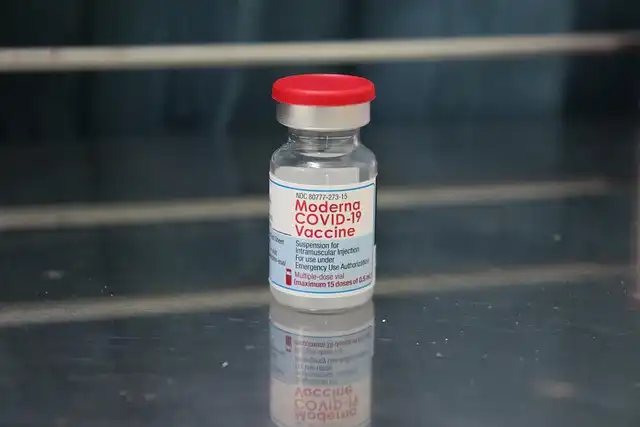Hepatitis B Vaccine: Reduces Diabetes Risk?

Study reveals hepatitis B vaccine linked to a 15% lower diabetes risk, especially type 2, regardless of hepatitis B infection. Vaccine may reduce chronic inflammation affecting blood sugar regulation.
The team located the immunized participants had a total 15 per cent reduced rate of diabetes– defined as them either getting a medical diagnosis, having a constantly high blood sugar level or being suggested diabetes mellitus medications– than their unvaccinated equivalents. The huge bulk of instances were type 2 diabetic issues, the most typical type of the problem. The results will exist at the European Organization for the Research of Diabetes Yearly Satisfying in Vienna, Austria.
Vaccine Impact on Diabetes Rates
The group found the vaccinated participants had a total 15 per cent lower rate of diabetic issues– specified as them either obtaining a diagnosis, having a constantly high blood sugar degree or being suggested diabetic issues medications– than their unvaccinated equivalents. The huge majority of situations were type 2 diabetes, the most usual type of the problem. The results will be offered at the European Organization for the Research Study of Diabetes Annual Fulfilling in Vienna, Austria.
However, the researchers can not rule out the opportunity that part of the injection’s safety impact originates from preventing the infection, she says. They intend to check out the potential pathways included, and exactly how they may range various forms of diabetes mellitus, in researches in computer mice, says Phan.
Exploring Potential Pathways
The group accounted for aspects that can influence the results, such as the individuals’ age, sex and whether they smoked or had other problems, like obesity and high blood pressure. But Osterhaus preserves the influence of such variables can not be ruled out.
But previous research studies have not taken a look at whether the injection might reduce diabetic issues risk among a group of both non-immunised and immunised individuals that haven’t acquired hepatitis B, which would certainly recommend the impact acts separately of simply stopping the infection.
Although this is empirical study, the scientists additionally found a dose-response impact, where the immunized individuals with higher degrees of hepatitis B-specific antibodies were much less most likely to establish diabetes than those with reduced levels. Distinctions in antibody levels may be a reflection of how many vaccination doses the specific participants obtained, just how lately they were immunised or basic variation in immune reactions.
It is possible people that get immunized are just more likely to make lifestyle selections that reduce kind 2 diabetes risk, such as consuming a healthy diet and working out on a regular basis. “People that are vulnerable to get vaccinated are typically people who are extra mindful regarding living a healthy and balanced life,” claims Albert Osterhaus at the University of Vet Medicine Hannover in Germany.
Study Methodology and Findings
To explore this, Nhu-Quynh Phan at Taipei Medical University in Taiwan and her coworkers evaluated the wellness records of more than 580,000 individuals living across the US, Europe, Africa, Latin America, the Middle East and the Asia-Pacific. Generally, these records spanned nearly four years for each and every individual in between 2005 and 2023.
None of the participants, that were matured between 18 and 90, had any kind of type of diabetes mellitus or had actually been contaminated with the hepatitis B virus, according to their records and the lack of infection-specific blood markers. Concerning fifty percent of them had actually received a liver disease B vaccine, assessed according to levels of virus-specific antibodies in their blood.
Mechanism Linking Vaccine to Diabetes
As to the system, the reality none of the individuals had actually knowingly been contaminated with hepatitis suggests being immunised lowers diabetes risk independent of just avoiding infection, states Phan. One prospective description is it somehow minimizes chronic swelling that harms the liver and pancreatic, which launch hormones that manage blood glucose levels, like insulin, she says.
1 blood sugar2 chronic inflammation
3 diabetes risk
4 hepatitis B vaccine
5 immunization
6 type 2 diabetes
« NGC 6357: Water-Scarce Planet Formation MysteryMacro Photography: Techniques, Tips & Essentials »
